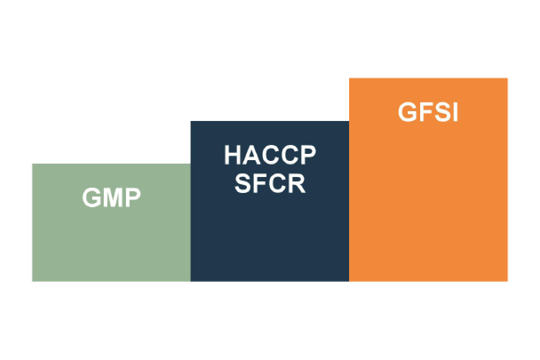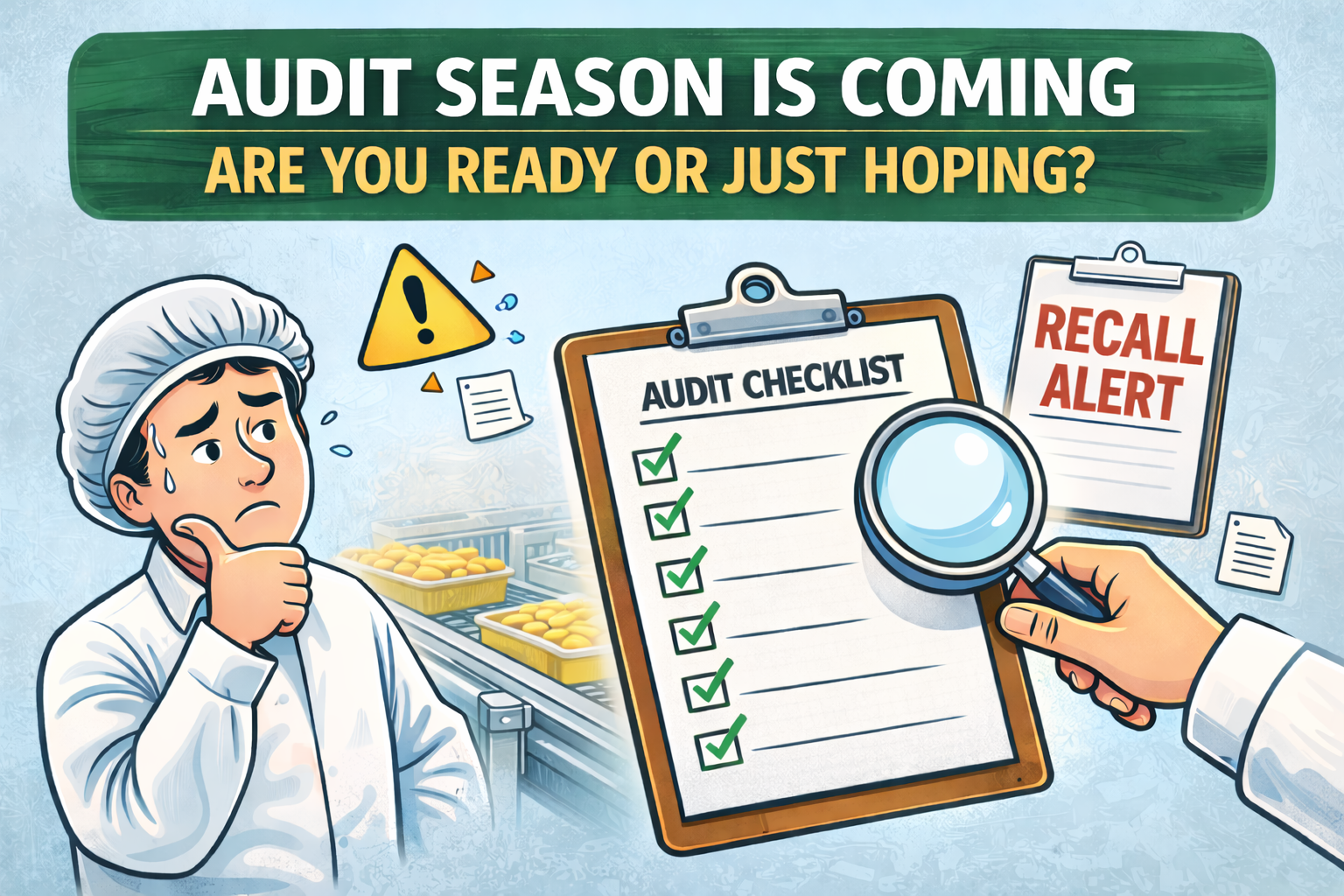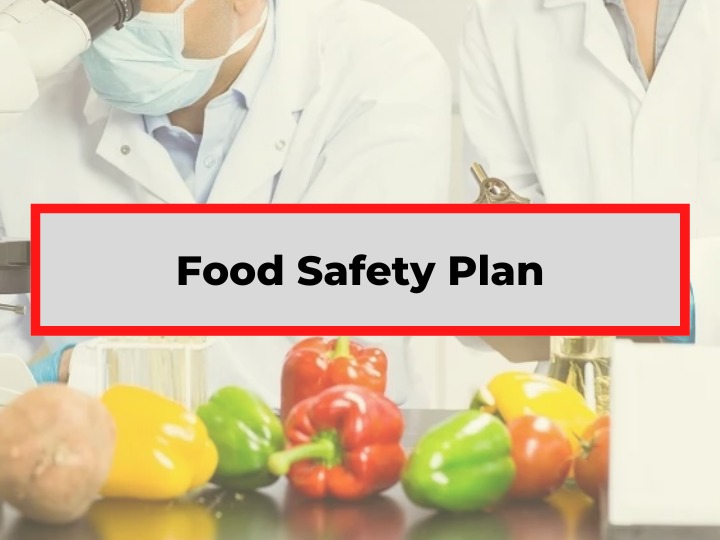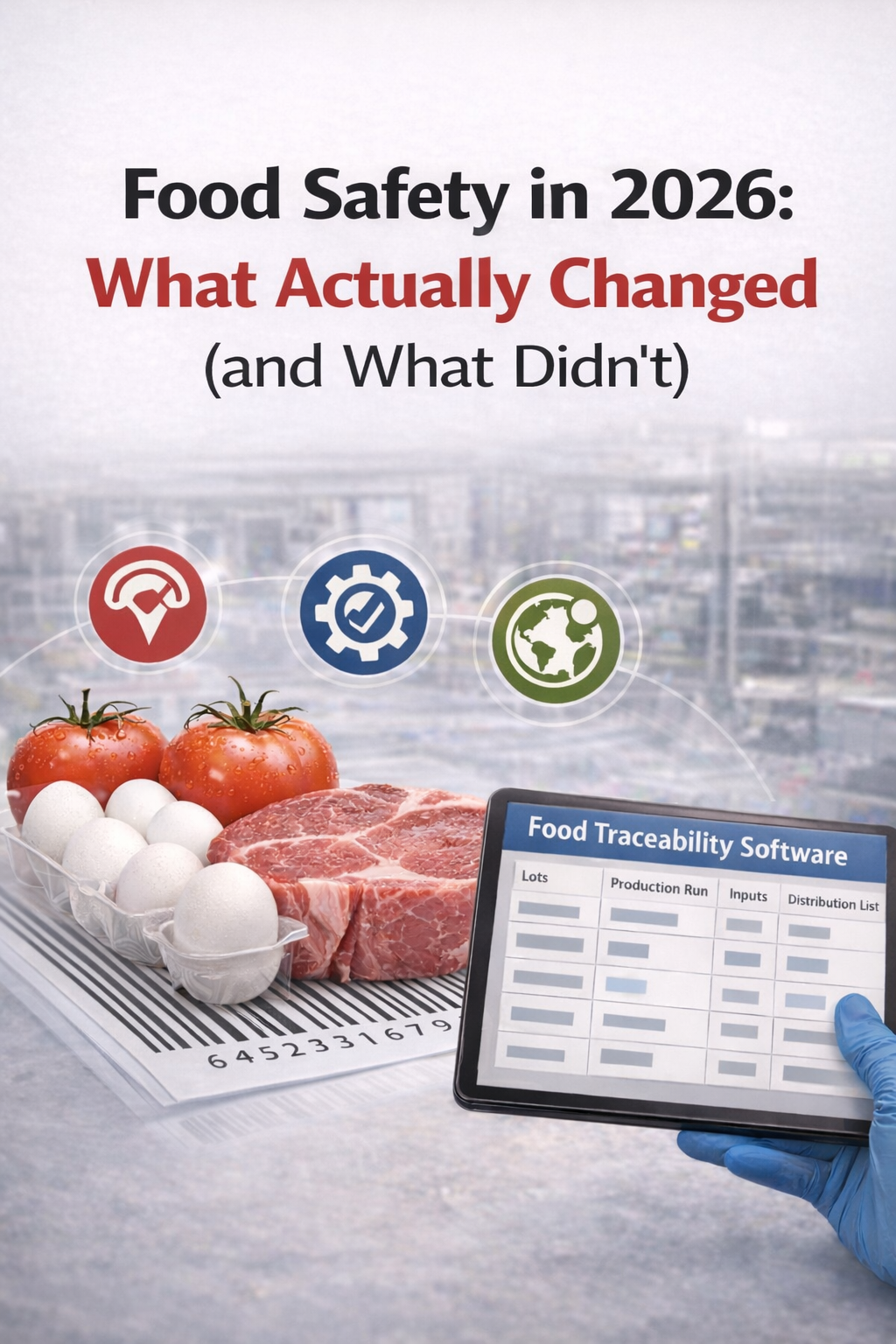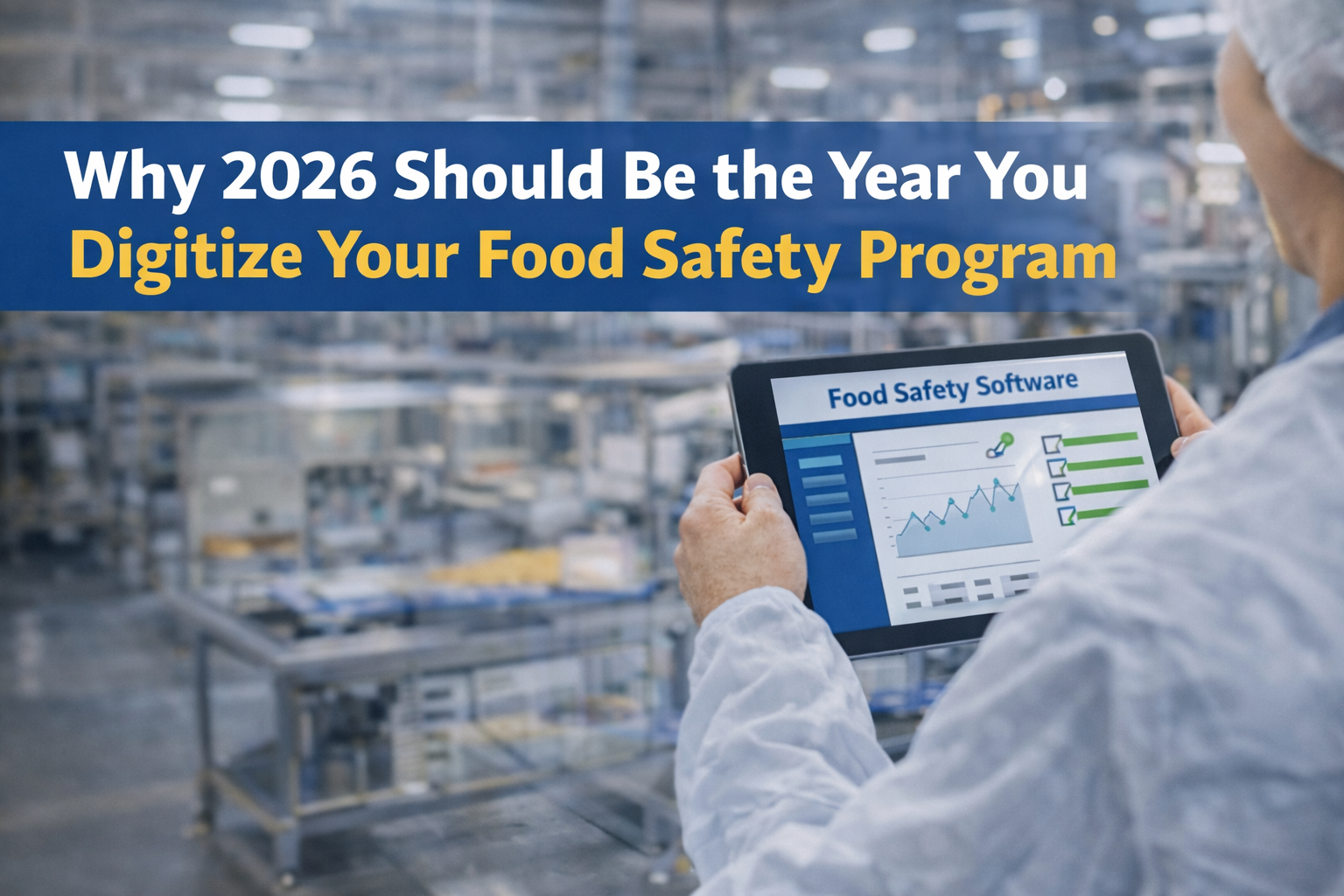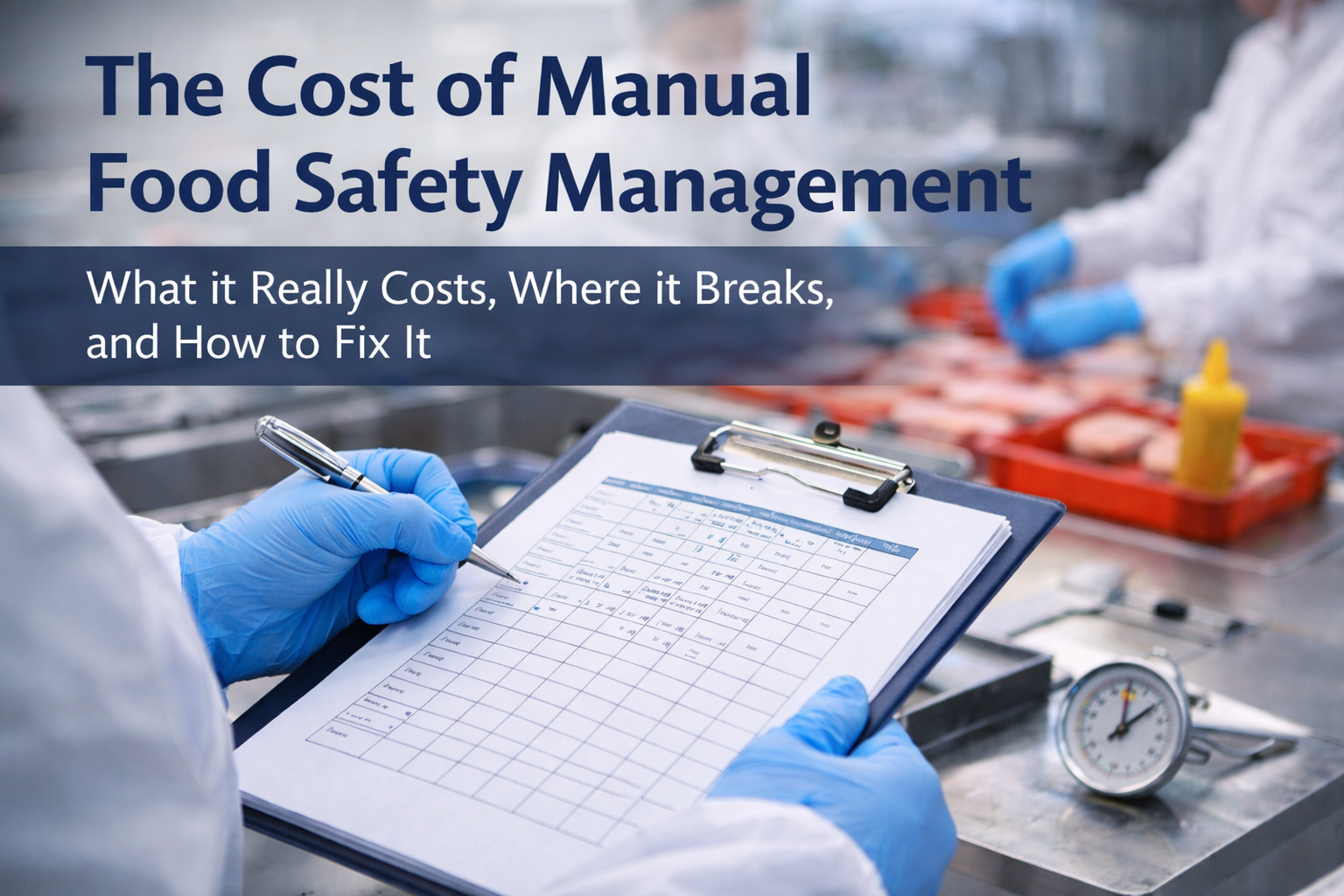In today's globalized world, food safety is more important than ever. As we import and export food products across borders, maintaining stringent food safety standards becomes crucial to ensure the health and well-being of consumers worldwide. Two key players in this domain are HACCP (Hazard Analysis Critical Control Point) and GFSI (Global Food Safety Initiative). While both aim to uphold food safety, they differ significantly in their approaches, requirements, and scopes. This article will decode these differences and shed light on the implications for businesses in the food industry.
Unpacking HACCP: The Foundation of Food Safety
HACCP is a systematic preventive approach to food safety that identifies physical, chemical, and biological hazards in production processes that can cause the final product to be unsafe. It designs measurements to reduce these risks to a safe level.
The seven principles of HACCP include conducting a hazard analysis, identifying critical control points (CCPs), establishing critical limits, monitoring CCPs, establishing corrective actions, verifying procedures, and keeping records. HACCP is recognized internationally as an effective solution for controlling food safety risks. It has been endorsed by the Codex Alimentarius Commission, the body responsible for compiling the standards, guidelines, and codes of practice under the Joint FAO/WHO Food Standards Programme.
However, it's important to note that HACCP certification alone does not guarantee compliance with all food safety laws and regulations in every country. It is a basic level of certification that provides a solid foundation for food safety management but does not cover all aspects of food safety.
GFSI: Raising the Bar in Food Safety
GFSI, on the other hand, is a business-driven initiative for the continuous improvement of food safety management systems. It ensures safe food for consumers by setting rigorous benchmarks for food safety standards, including HACCP.
Unlike HACCP, GFSI is not a standard but a scheme that recognizes various food safety standards. It encompasses existing food safety standards, such as SQF (Safe Quality Food), BRCGS (Brand Reputation through Compliance Global Standards), and FSSC 22000 (Food Safety System Certification).
GFSI-recognized certifications go beyond the principles of HACCP, covering areas like food quality, regulatory compliance, traceability, product recall protocols, and employee practices. They are also updated regularly to stay current with new risks and technological advances in food production.
The Key Differences: HACCP vs GFSI
While HACCP focuses on controlling critical points in the process to prevent food safety hazards, GFSI encompasses a broader scope, considering all aspects of the food safety management system. This includes the facility's operational programs, prerequisite programs (PRPs), and the commitment of senior management to uphold food safety.
Another significant difference is the recognition and acceptance of the two schemes. HACCP is universally recognized and often seen as a minimum requirement in many jurisdictions. In contrast, GFSI is recognized by leading food businesses worldwide and often required by retailers and food service companies.
Lastly, the certification process for HACCP is less rigorous than for GFSI-recognized schemes. While HACCP only requires internal audits, GFSI requires third-party audits, ensuring an independent verification of the food safety system.
The Bottom Line: Which One is Right For Your Business?
The choice between HACCP and GFSI certification depends on your business goals, customer requirements, and regulatory environment. If you're a small business looking to ensure basic food safety, HACCP may be sufficient. However, if you're a larger organization aiming to demonstrate a commitment to the highest level of food safety, or if you're looking to export to markets where GFSI-recognized certifications are required, then GFSI may be a better fit.
Keep in mind that HACCP and GFSI are not mutually exclusive. Many food businesses start with HACCP certification and later upgrade to a GFSI-recognized scheme. By doing so, they build on the solid foundation provided by HACCP and enhance their food safety management system with the comprehensive approach of GFSI.
At NORMEX, we understand the complexities of food safety standards and are here to help you navigate them. Our team of experts can guide you in choosing the right certification for your business, ensuring you meet your food safety goals efficiently and effectively. Remember, the ultimate goal is not just to get certified, but to ensure the safety and quality of your food products, protecting your consumers and your brand.
Stay tuned for more informative, friendly, and professional insights from us at NORMEX, where we put our customers first and communicate clearly through specific examples, credible data, and engaging language.

